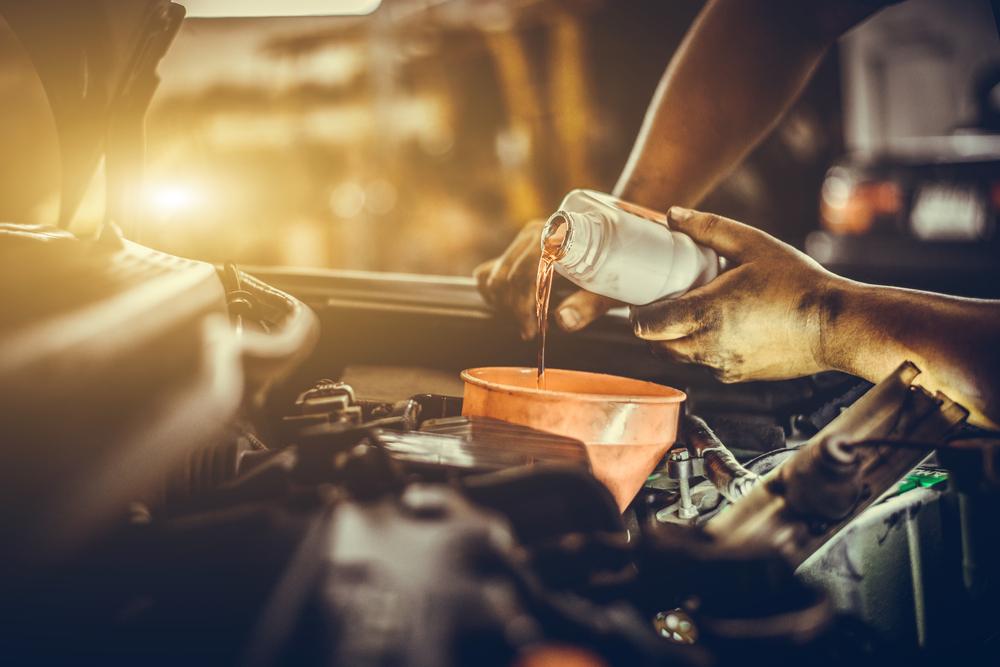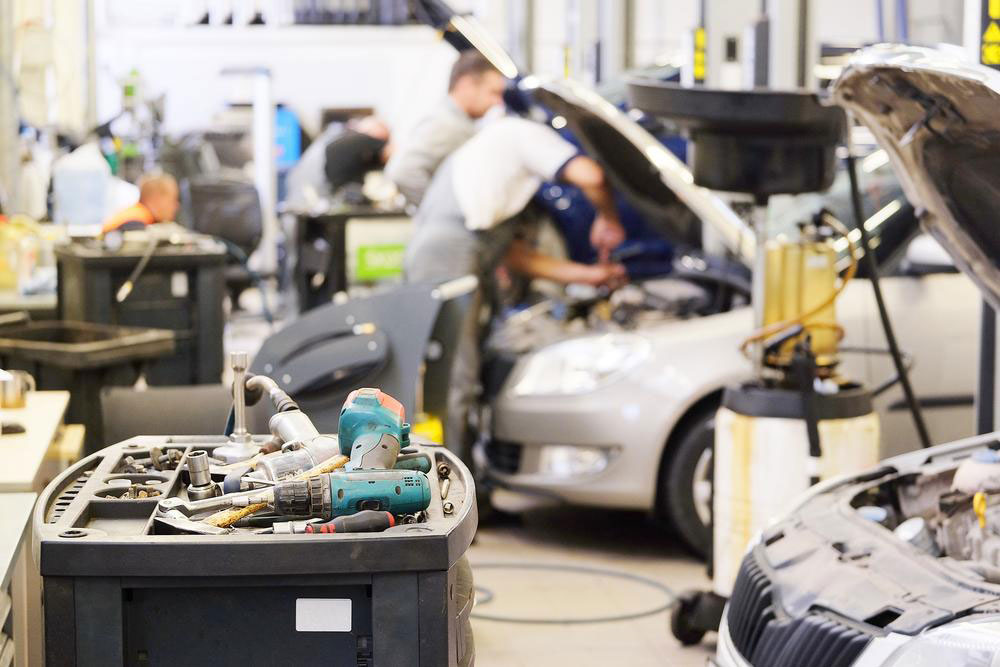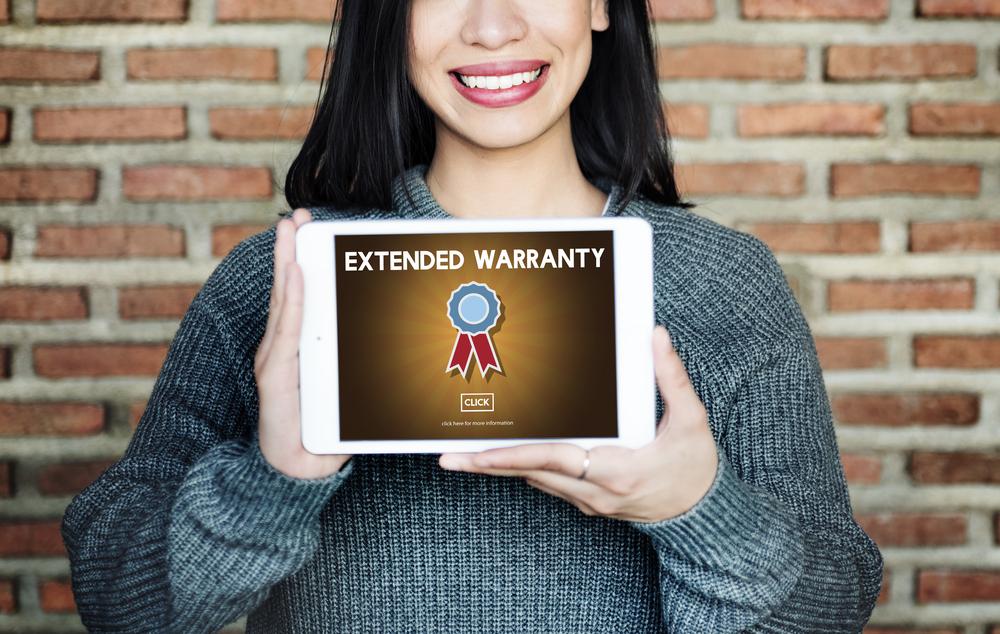Essential Insights into Vehicle Warranty Termination and How to Protect Your Coverage
Gain comprehensive knowledge about the key factors that can lead to the cancellation of your vehicle warranty. This guide details common pitfalls such as modifications, improper maintenance, excessive load use, and documentation neglect. It emphasizes the importance of following manufacturer guidelines to keep your warranty valid, helping vehicle owners prevent costly repairs and enjoy peace of mind. Understanding these critical aspects ensures you maintain your coverage and avoid unnecessary expenses, making this an essential resource for all vehicle owners seeking to protect their investment.

Understanding the Critical Factors That Can Lead to Vehicle Warranty Cancellation
Owning a vehicle often comes with the benefit of warranty coverage, providing peace of mind against unexpected repairs and defects. However, it is important for vehicle owners to understand that warranties are governed by specific terms and conditions set by manufacturers. These conditions may include certain exclusions, mandatory maintenance routines, and usage guidelines that must be adhered to in order to maintain warranty validity. Ignoring or violating these rules can result in the manufacturer canceling or refusing to honor warranty claims. Essentially, a vehicle warranty is a contractual agreement between you and the automaker, with the dealership acting as an intermediary in processing the necessary paperwork. Even if you purchase your vehicle directly from a dealership, the actual warranty coverage ties back to compliance with manufacturer policies, which expands the importance of understanding what actions can jeopardize your coverage.
Below are the most common factors that can inadvertently cancel or invalidate your vehicle warranty, potentially leaving you responsible for repair costs that would otherwise be covered:
1. Customizing or Modifying Your Vehicle: Altering your vehicle with aftermarket modifications such as performance chips, turbochargers, lift kits, or custom exhaust systems can significantly impact your warranty status. Manufacturers often specify that repairs needed due to modifications are not covered under warranty. Damage caused by non-original or improperly installed parts may also lead to warranty rejections. This includes changing factory tires and wheels with aftermarket versions, which can affect the vehicle’s safety systems and drivetrain, thereby voiding coverage for related repairs.
2. Use of Non-Recommended Fluids or Maintenance Products: The quality and type of fluids used in your vehicle play a crucial role in maintaining warranty coverage. Using generic or substandard oils, coolants, or other lubricants instead of those specified by the manufacturer can cause damage and nullify warranty claims. Whether you perform maintenance yourself or rely on third-party mechanics, it’s vital to ensure that all fluids and replacement parts meet the original specifications outlined in your vehicle’s manual. Failing to adhere to these guidelines can restrict or eliminate your warranty rights, especially for components impacted by improper fluids.
3. Improper Vehicle Usage or Excessive Load: Vehicles are designed with specific load capacities and usage parameters. Overloading your vehicle by towing beyond the manufacturer's recommended weight limits or using it for heavy-duty purposes like commercial hauling can cause mechanical issues and component failures. Many vehicles incorporate safety features that are calibrated for certain load thresholds; exceeding these can lead to damage and void warranty coverage. Common consequences include overheating, brake failure, or drivetrain stress, all of which may not be covered under warranty if improper use is identified.
4. Neglecting Regular Maintenance and Proper Documentation: Keeping detailed records of all routine maintenance is crucial. Manufacturers often require proof that scheduled services, such as oil changes, fluid checks, and inspections, are performed at authorized service centers or in accordance with warranty terms. Failing to document maintenance or neglecting scheduled servicing can be grounds for warranty denial. This becomes particularly significant when repairs are needed and your claim is scrutinized, especially if repairs are handled by third-party garages that may not follow manufacturer standards.
Understanding these factors can help you avoid unintentionally losing your warranty coverage. Always adhere to your manufacturer’s guidelines, use recommended parts and fluids, and document each maintenance activity. Doing so ensures that you stay protected and maximize the benefits provided by your vehicle’s warranty period, ultimately saving you money and hassle in the long run.





